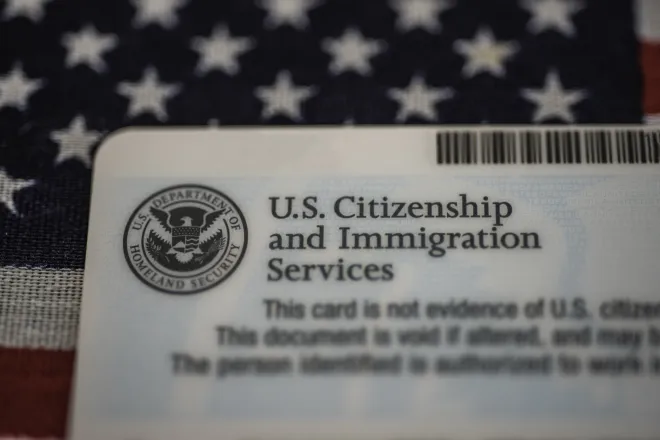
Arizona School Boards Association elects first Indigenous president
(Arizona News Connection) The Arizona School Boards Association has for the first time in the organization's approximately 80-year history chosen an Indigenous woman to be president of its board of directors.
The ASBA is a nonprofit group that provides training and other services to public-school governing boards across Arizona.
Desiree Fowler, a Navajo Nation tribal member, said she is committed to representing Native communities and border towns, as well as working to address the unique challenges rural and urban school districts face.
"A large percentage in Northern Arizona is going to be Navajo, so I just felt that our voices weren't heard at the state level," she said, "and I felt that it was important that we continue to advocate at the association level to be able to be transparent and just be diverse in every aspect."
Fowler called the new appointment a "milestone" for her and for all Native Americans as she said she is opening doors for future generations. Fowler has served in other positions with the ASBA and added that those experiences have given her the tools and knowledge to be a "strong advocate for public schools and equitable education."
Fowler has also served at the Page Unified School District, which borders the Navajo Nation, where 80 percent of the students in the community are Native American. At the administrative and school board level, Fowler said, she is the only full-blooded Native American that represents that 80 percent, which she called a "sad" situation.
"But in reality, I'm the only one that lives out on the reservation," she said, "and I purposely do that because I want to continue to make it known that we can make changes happen. We can accomplish big things."
When it comes to Northern Arizona and Native communities, Fowler said, things such as infrastructure, lack of access and cultural differences can make getting an equitable education more challenging, but she said she hopes to help change that.















